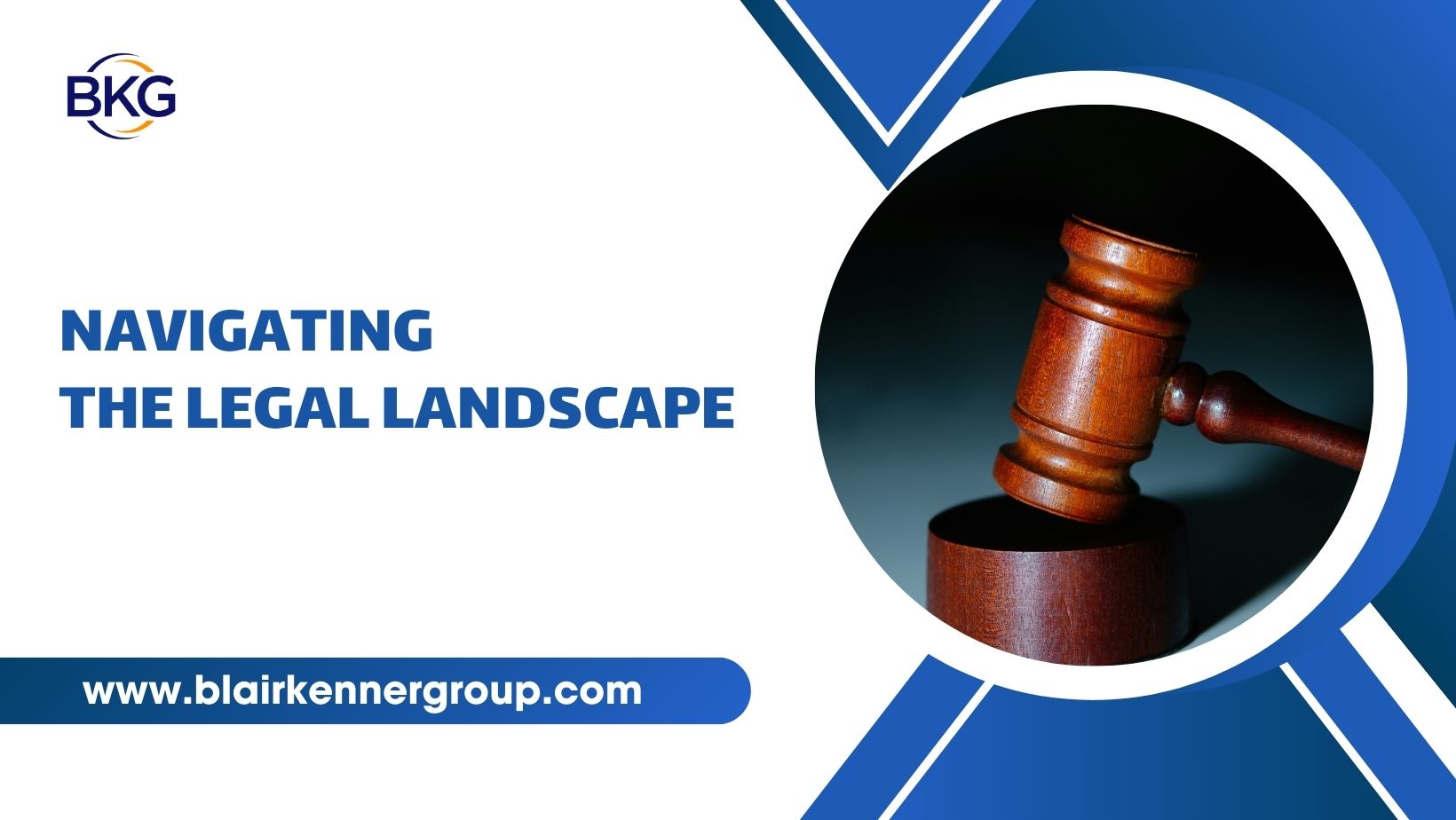
Are you ready to navigate the intricate legal landscape that accompanies the dynamic world of the gig economy? In this comprehensive exploration, we’ll delve into the unique HR challenges presented by the gig economy, uncovering the legal nuances that organizations must navigate to ensure compliance, fair practices, and successful workforce management.
Introduction
Welcome to the fast-paced terrain of the gig economy, where flexibility meets on-demand talent. As HR professionals, understanding and addressing the legal challenges within this landscape are essential. Join us as we unravel the legal intricacies, offering insights into navigating HR challenges in the ever-evolving gig economy.
Understanding the Gig Economy: Legal Foundations
A. Defining the Gig Economy and Its Workforce
Before diving into the legal landscape, let’s define the gig economy and the diverse workforce it comprises. From freelancers and independent contractors to part-time workers, understanding the different categories is crucial for HR professionals navigating legal compliance.
B. The Classification Conundrum: Employee vs. Independent Contractor
One of the primary legal challenges lies in correctly classifying workers. In the gig economy, misclassification can lead to legal repercussions. We’ll explore the distinctions between employees and independent contractors, shedding light on the legal implications of misclassification and offering strategies to navigate this complex terrain.
Legal Challenges in Gig Work Arrangements
A. Compliance with Labor Laws and Regulations
Navigating the gig economy requires a keen understanding of labor laws and regulations. HR professionals must ensure compliance with minimum wage laws, working hours, and other regulations while accommodating the flexible nature of gig work arrangements. Strategies for maintaining compliance and managing risks will be explored.
B. Contractual Agreements: The Foundation of Legal Relationships
In the gig economy, contractual agreements form the bedrock of legal relationships. HR professionals need to craft contracts that protect both the organization and gig workers. We’ll delve into the key elements of effective contracts, addressing considerations such as scope of work, payment terms, and intellectual property rights.
C. Protecting Intellectual Property: Rights and Responsibilities
Gig workers often contribute to projects that involve intellectual property. HR professionals must establish clear guidelines and agreements to protect intellectual property rights. We’ll discuss the legal aspects of confidentiality agreements, ownership agreements, and the implications for both organizations and gig workers.
HR Strategies for Legal Compliance
A. Implementing Robust Onboarding Processes
Effective onboarding processes are crucial for legal compliance in the gig economy. HR professionals must establish clear communication channels, provide necessary resources, and ensure compliance with documentation requirements. Strategies for effective onboarding and compliance will be explored.
B. Establishing Transparent Communication Channels
Transparent communication is the cornerstone of successful gig workforce management. HR professionals must foster open communication channels, providing clear guidelines and regular check-ins to address concerns promptly. Strategies for transparent communication that mitigates legal risks will be discussed.
C. Embracing Technology: HR Tools for Compliance
Technology is a valuable ally in navigating legal challenges. HR professionals must leverage tools and technologies that streamline compliance efforts. From automated contract management systems to digital onboarding platforms, we’ll explore HR tools that ensure efficiency while maintaining legal accuracy.
Anticipating Future Legal Developments
A. Evolving Regulatory Landscape
The gig economy is subject to ongoing legal developments. HR professionals must play a proactive role in staying abreast of regulatory changes. This involves adapting policies and practices accordingly and collaborating with legal professionals to anticipate and address emerging challenges.
B. Social Responsibility and Ethical Considerations
Beyond legal requirements, HR professionals in the gig economy must navigate ethical considerations and social responsibility. We’ll explore the role of HR in fostering fair and ethical practices, considering the well-being of gig workers and the organization’s broader societal impact.
Conclusion: Navigating with Confidence in the Gig Economy
As we conclude this exploration of HR challenges in the gig economy, equipped with a deep understanding of legal nuances, we invite HR professionals to navigate this dynamic landscape with confidence. By staying informed, implementing robust HR strategies, and embracing the principles of fairness and compliance, organizations can thrive in the world of gig work, fostering positive relationships with their flexible workforce.
